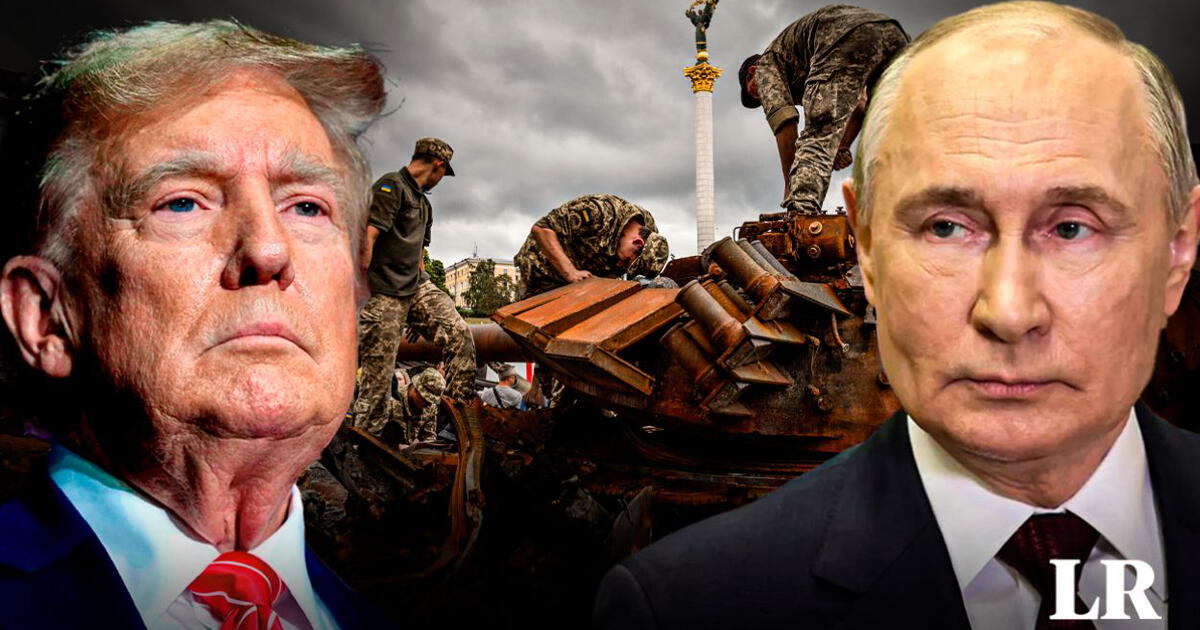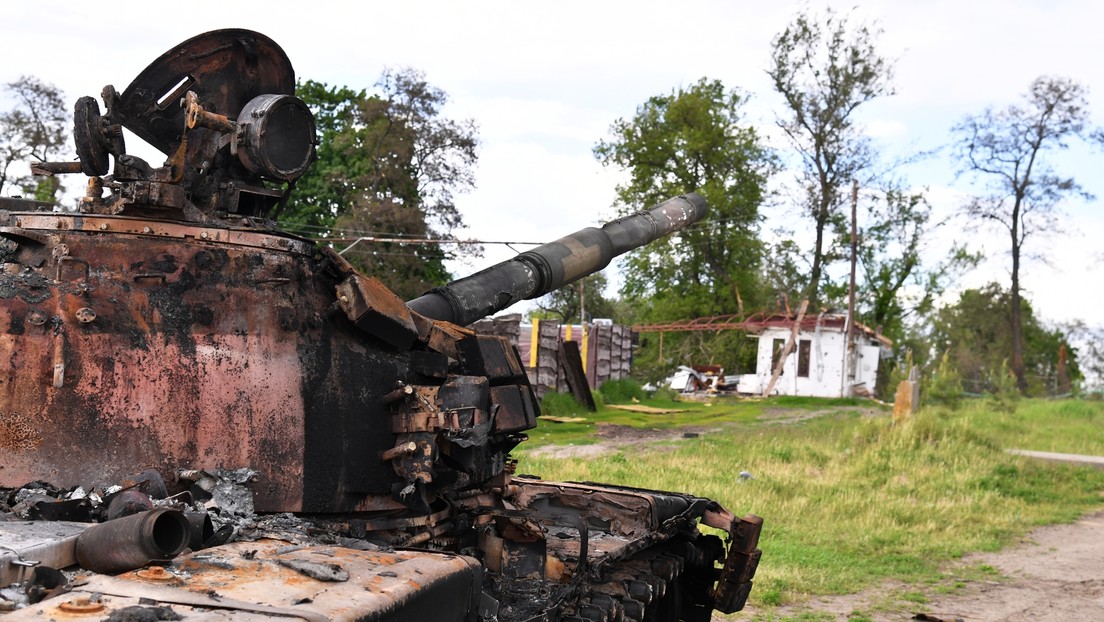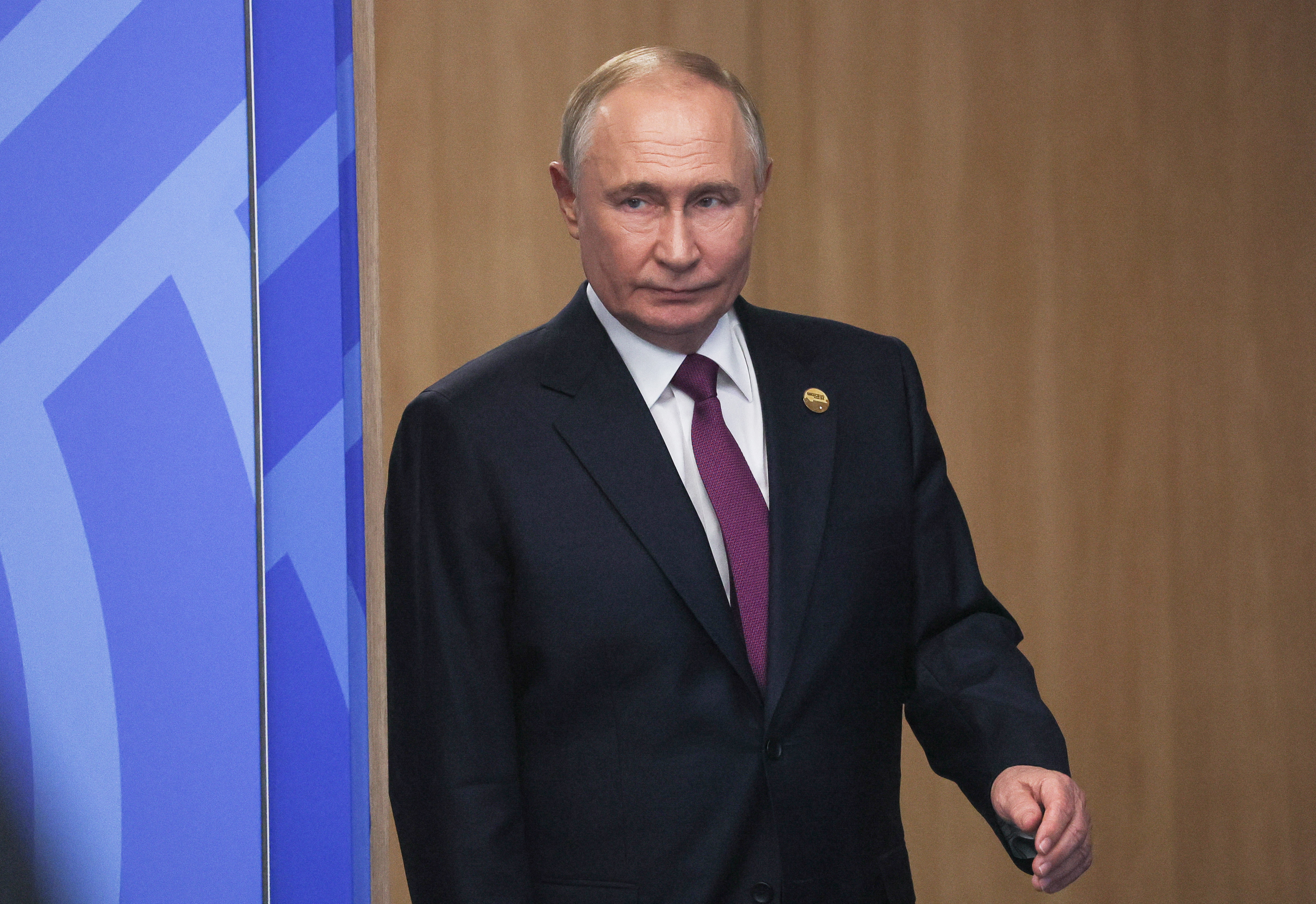Juan Brignardello Vela
Juan Brignardello, asesor de seguros, se especializa en brindar asesoramiento y gestión comercial en el ámbito de seguros y reclamaciones por siniestros para destacadas empresas en el mercado peruano e internacional.




In a context of growing geopolitical tension, Russian President Vladimir Putin has reaffirmed his country's capability to carry out sophisticated military strikes, confirming on Thursday the launch of a hypersonic ballistic missile named Oreshnik. This missile, which was directed towards a facility in Ukraine's military-industrial complex, marks another step in the escalation of the conflict that has kept the region in a state of uncertainty since the invasion began in 2022. During a televised message lasting about eight minutes, Putin described the attack as a combat conditions test of a medium-range missile system. With speeds of up to 3 kilometers per second, the Oreshnik presents itself as a weapon that challenges the current capabilities of missile defense systems, making it a potentially devastating tool in the Russian military arsenal. This statement resonates at a time when Ukrainian defenses are constantly being challenged by the technological and tactical advancements of Russian forces. The Russian president justified the missile launch as a direct response to the use of long-range weaponry from the United States and the United Kingdom by Ukraine. This logic of retaliation has become a pillar of Kremlin rhetoric, where it is argued that Western intervention and support for Ukraine are provocations that justify a military response. Putin's warning that Russia reserves the right to attack facilities in countries that facilitate the use of missiles against Russian targets adds a new layer of complexity to the conflict. Putin did not hold back in his criticism of the United States, accusing it of being the main destabilizer of global security. The Russian leader's insistence that "all of Moscow's objectives in Ukraine will be achieved" reflects a determination that could lead to an increase in violence and greater human suffering in the region. This defiant stance suggests that the Kremlin is prepared to escalate its military campaign, regardless of the consequences for the Ukrainian civilian population. The Ukrainian Air Force, for its part, initially reported an attack by an intercontinental missile, but Russian authorities quickly clarified that it was an Oreshnik. This confusion regarding the nature of the attack may reflect a lack of clear information amid the war, where disinformation and propaganda play crucial roles on both sides of the conflict. Since the beginning of the invasion, the Kremlin has used the language of defense and protection of its national interests to justify its actions, but this latest attack could be viewed as a deliberate escalation. Putin's statement that the civilian population will be warned of future attacks with this type of missile "for humanitarian reasons" adds an ironic nuance to the situation, given the context of the war and its devastating consequences for civilians. International analysts have begun to assess the repercussions of this attack, suggesting that it could provoke a more robust response from Ukraine's allies. At a time when the West is grappling with how to intensify military support for Ukraine without provoking direct confrontation with Russia, Putin's actions seem designed to pressure NATO governments and their strategic decisions. The international community is watching this latest episode of the conflict with concern, as it could change the dynamics in the region. World leaders are called to respond to the threat posed by a missile that operates at a speed and efficiency almost unattainable for current defense systems, jeopardizing not only Ukraine's security but also the stability of Europe as a whole. As the conflict intensifies, the prospects for a peaceful resolution seem to fade. Putin's confirmation of the use of hypersonic missiles underscores the urgency for dialogue that could alleviate human suffering and seek diplomatic solutions before the situation escalates into an even more catastrophic outcome. However, the path to peace appears fraught with obstacles, and the international community faces the challenge of finding a balance between deterrence and diplomacy in an increasingly polarized world.








